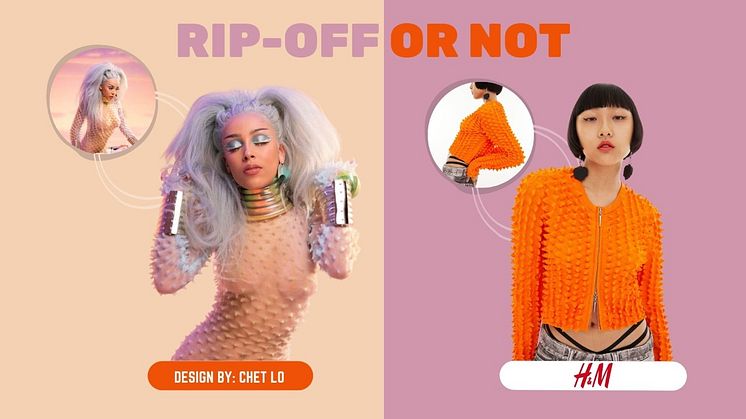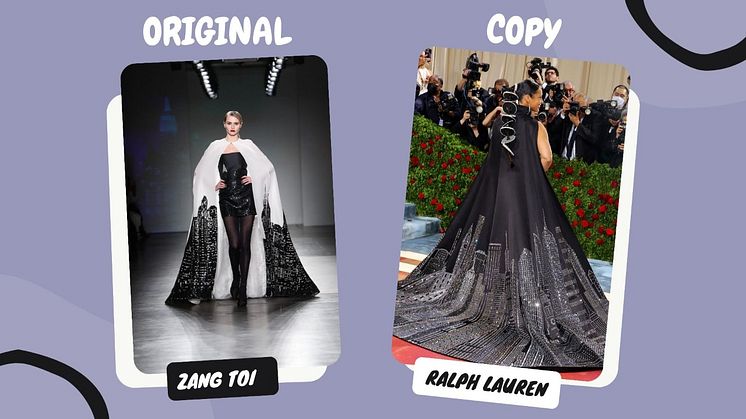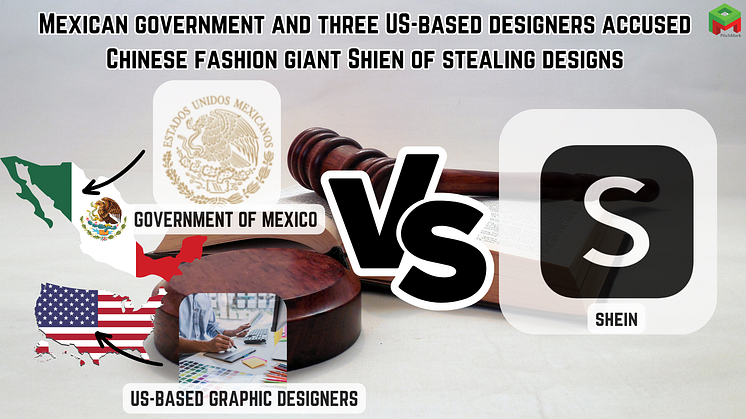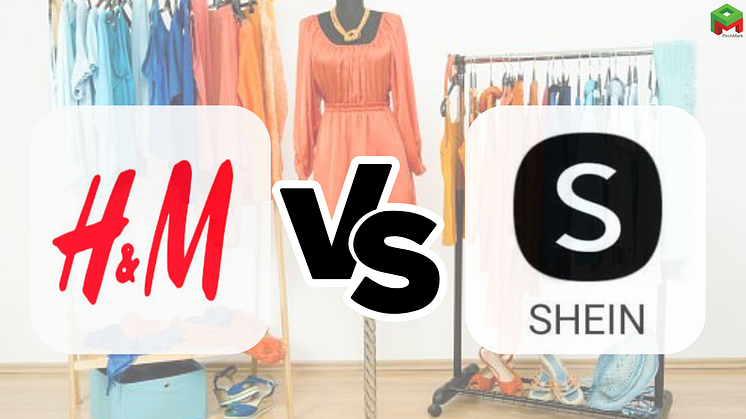
News -
Fast-fashion brand Shein faces growing accusations of plagiarism
Founded in 2008, Chinese fast-fashion online retailer Shein is known for its high frequency of refreshed inventory featuring the latest trends, and very low prices — so low, in fact, that it has been giving fast-fashion Forever 21 and H&M a real run for their money in recent years.
But Shein has also drawn attention for negative reasons, and alleged rampant plagiarism is one of them. Brands such as Levi Strauss and Ralph Lauren have filed lawsuits against Shein for copying design features.
Similar allegations have also been made by smaller brands and independent designers, who have far fewer legal resources at their disposal. According to a report in Dazed, many who believe their designs have been stolen call out Shein on social media, and some send cease and desist letters. The best-case scenario in many of these instances is that Shein removes the items in questions from its website.
More robust legal protection can be a tricky proposition. One designer “consulted with a lawyer who focuses on patents, but quickly learned that it’s almost impossible to patent a design, since the requirements are restrictive, and the process is prohibitively expensive and time-consuming”, as Dazed reports.
For its part, Shein’s website has an email for people who want to contact the brand about trademark or copyright infringement. A spokesperson for the company also pointed to designer Sashagai Ruddock, who once accused Shein of copying her design but later took part in and won a competition backed by its designer incubator programme Shein X.
Whether such initiatives are good-faith efforts to make original design a more central part of its brand remains to be seen. But Shein is not the first nor the last fast-fashion retailer to face charges of copying. After all, the idea is practically baked into the very business model of fast fashion.
As the website Plagiarism Today puts it, “fast fashion, by design, aims to chase and replicate trends, not set new ones. Fast fashion tries to observe, replicate and market such trends, with the goal being to move fast enough it can capitalize on the trends that other brands start… They are cautious to emulate, but not copy, any elements that can be copyright protected. They limit their copying to non-protectable elements and are cautious to not use logos, names or other trademarked components.”
Beyond more consumer education that can eventually make buying plagiarised fashion uncool, there are also options such as PitchMark, which offers tools to document idea creation and ownership, and ways to report idea theft.
PitchMark helps innovators deter idea theft, so that clients get the idea but don’t take it. Visit PitchMark.net and register for free as a PitchMark member today.










